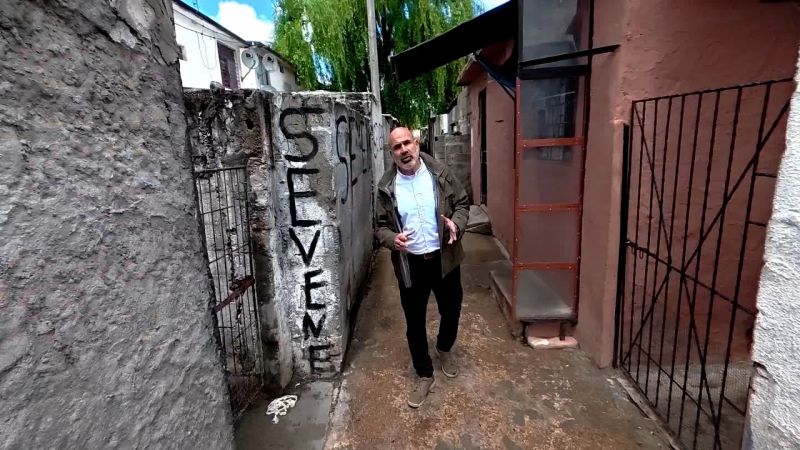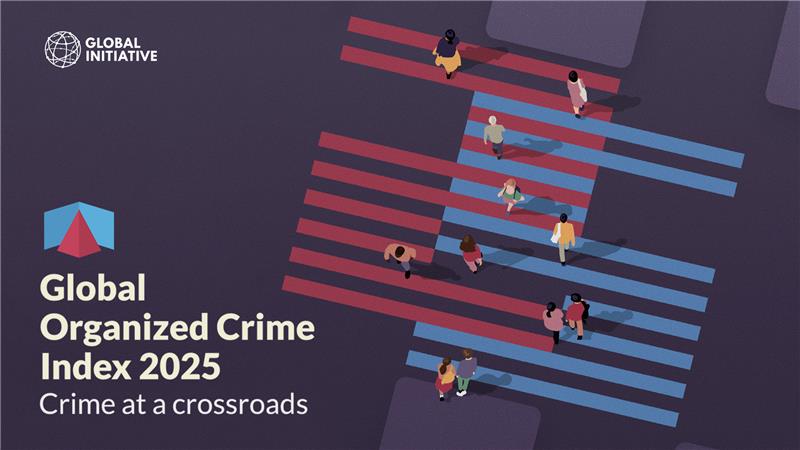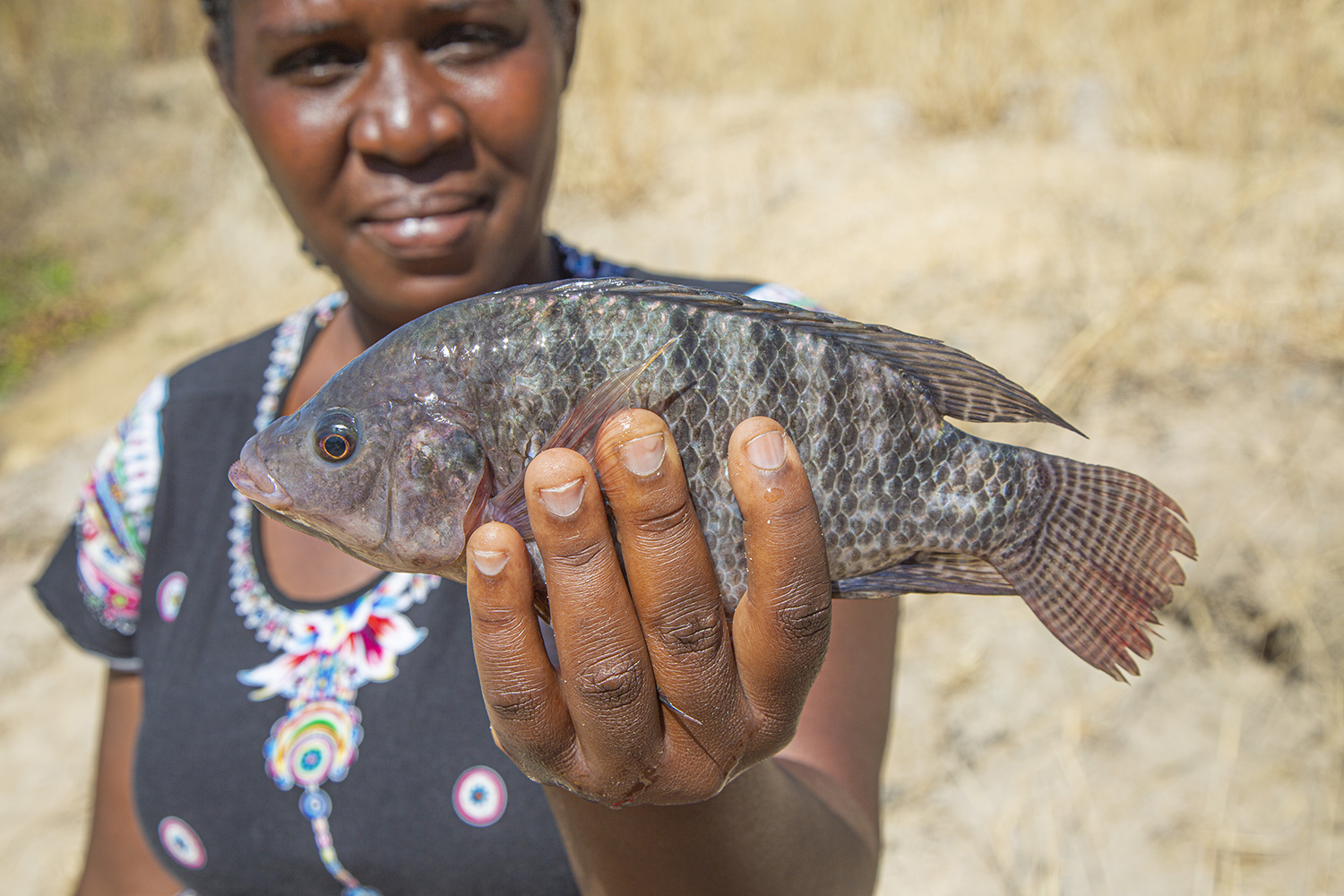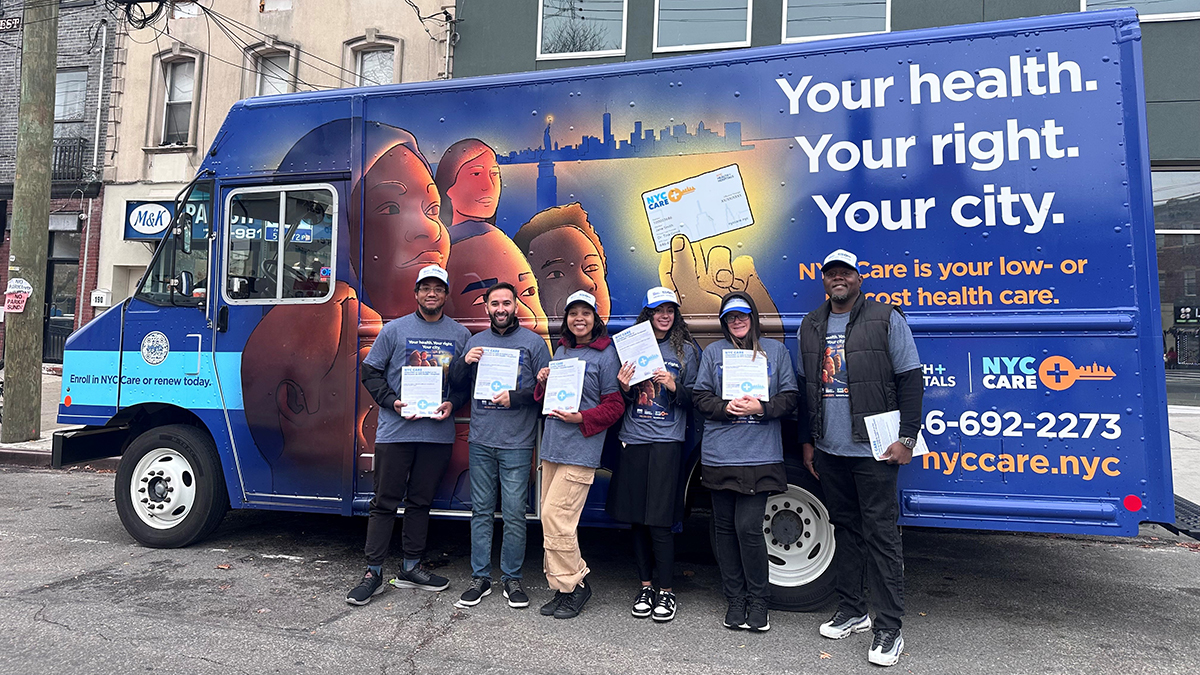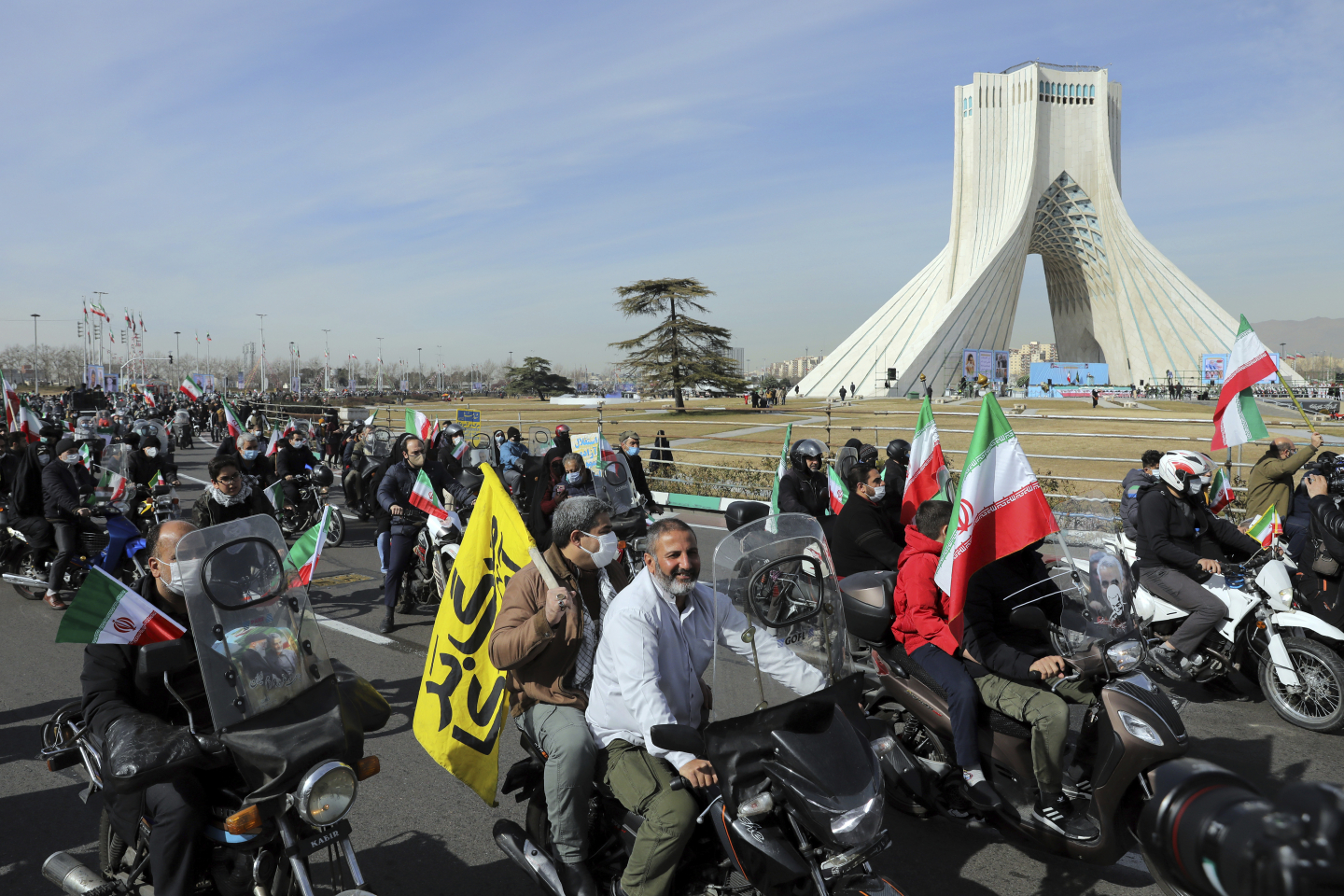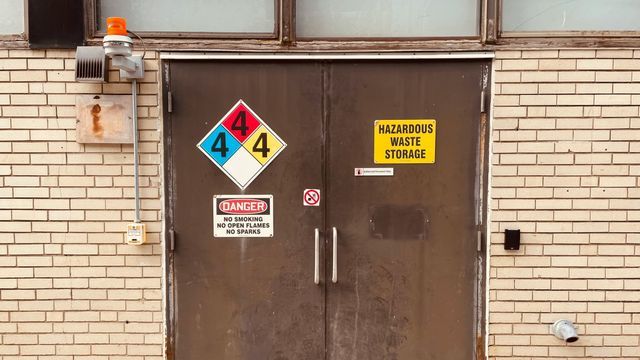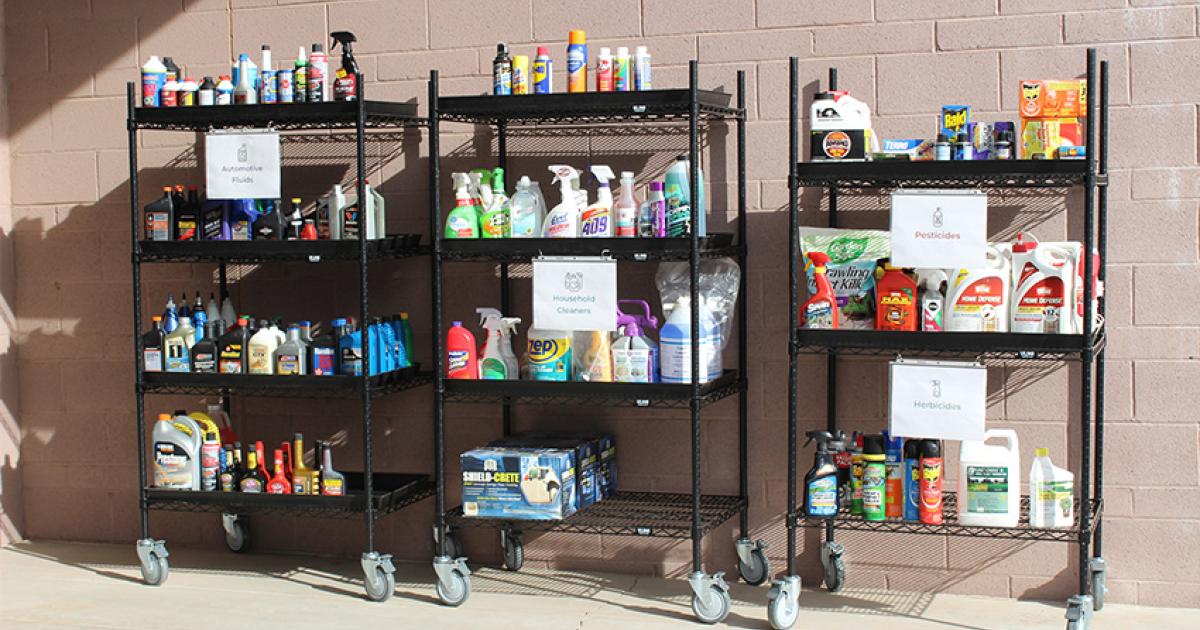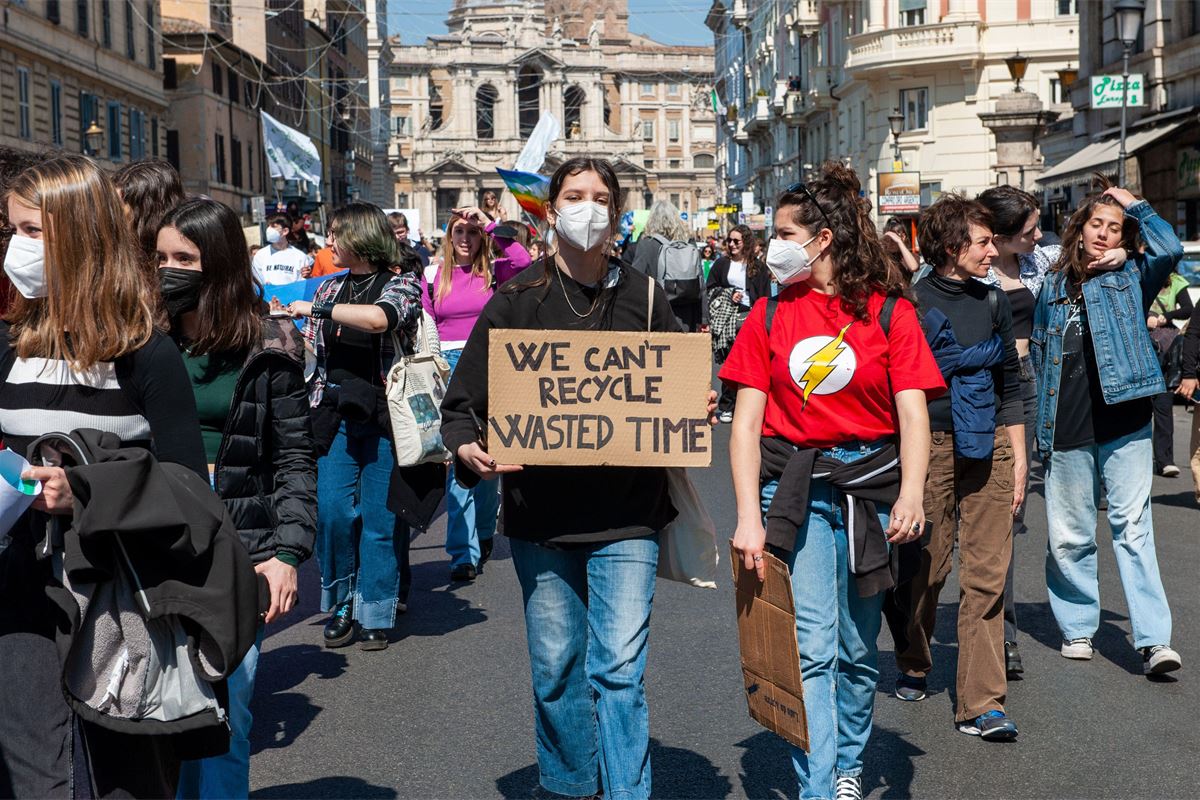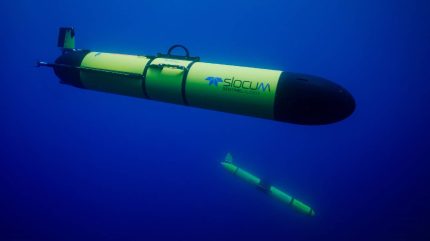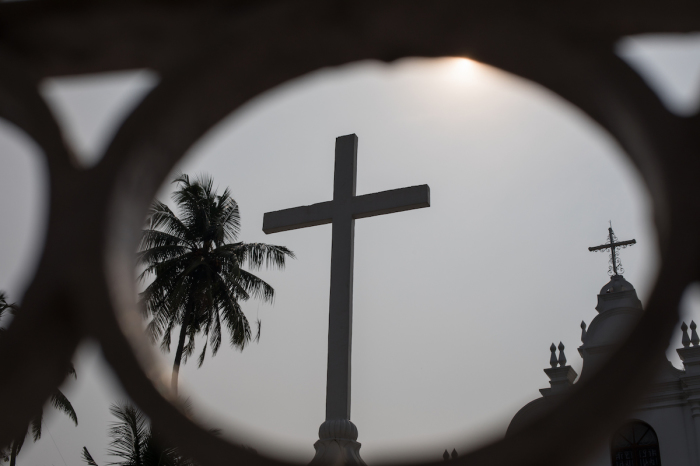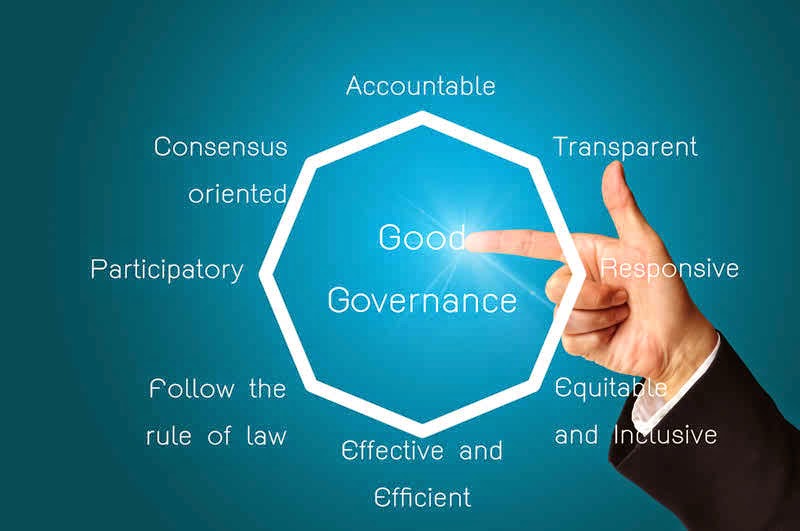EXCLUSIVE: Brazilian Police Officer Promoted Despite Arms Trafficking Charges – Organized Crime and Corruption Reporting Project | OCCRP

Report on Alleged Police Corruption and its Impact on Sustainable Development Goals
Executive Summary
A case involving a Brazilian Federal Highway Police officer highlights significant challenges to achieving Sustainable Development Goal 16 (Peace, Justice and Strong Institutions). The officer, Vagner Keith de Freitas, was promoted in January despite a March 2023 indictment for serious crimes, including participation in an organized crime ring, illegal arms trafficking, and money laundering. This report details the allegations and analyzes their direct contravention of key SDG targets related to reducing violence, illicit financial and arms flows, and corruption.
Case Details: Operation Dismantle
Indictment and Key Figures
Following an investigation codenamed ‘Operation Dismantle’, Officer Vagner Keith de Freitas was indicted as part of a crackdown on a criminal enterprise accused of moving over $20 million since 2018. The primary individuals and charges are as follows:
- Vagner Keith de Freitas (Federal Highway Police Officer): Charged with participation in a criminal organization, illegal arms dealing, and money laundering.
- Lígia Mariano Bachitchi (Spouse of Freitas): Charged with illegal arms dealing, organized crime, and money laundering. Allegedly managed bank accounts for the criminal enterprise.
- Sérgio Pacheco (Gunsmith): Charged with participating in a criminal organization, illegal arms dealing, association with drug trafficking, and money laundering. Allegedly acted as a middleman, supplying weapons to organized crime groups.
Institutional Response and Systemic Failures
Despite the pending charges, Officer Freitas has remained on active duty. The Federal Highway Police confirmed his promotion and salary increase were granted for “satisfactory performance.” The institution stated that an internal disciplinary process is ongoing but remains confidential, and no court order has mandated his removal from duty. This situation points to potential systemic weaknesses that undermine institutional accountability, a core principle of SDG 16.
Analysis of Illicit Activities
Cross-Border Arms Trafficking
The investigation alleges a structured arms trafficking network operating between Paraguay and Brazil.
- Officer Freitas allegedly made frequent trips to Paraguay to source weapons and ammunition.
- He would then allegedly sell the arms to Sérgio Pacheco, a Brazilian gunsmith.
- Weapons procured included high-caliber firearms such as Glock G48 pistols and Colt AR rifles.
- The arms were ultimately sold to suspected drug traffickers in the state of Paraíba, including individuals with ties to the Nova Okaida, the region’s largest criminal organization.
Illicit Financial Flows and Money Laundering
Significant financial discrepancies point to large-scale money laundering operations, directly undermining SDG Target 16.4.
- Between 2018 and 2023, over 10.7 million reais (approx. $1.9 million) moved through Officer Freitas’s accounts, a sum 13 times his declared salary for the period.
- His wife, with no formal employment, allegedly handled transactions exceeding 3 million reais (approx. $540,000) during the same period.
- These funds were allegedly used to pay Paraguayan suppliers and conceal the illicit origin of the money.
Implications for Sustainable Development Goals (SDGs)
Direct Conflict with SDG 16: Peace, Justice and Strong Institutions
This case represents a severe setback for the advancement of SDG 16 in the region. The alleged actions and institutional responses contravene several key targets:
- Target 16.1 (Reduce Violence): The trafficking of sophisticated weaponry directly fuels organized crime and increases rates of violence and related deaths.
- Target 16.4 (Reduce Illicit Flows): The operation is a textbook example of the illicit cross-border arms and financial flows that this target aims to eliminate.
- Target 16.5 (Reduce Corruption): The promotion of an indicted officer within a law enforcement agency erodes public trust and signifies a critical failure in combating corruption within public institutions.
- Target 16.6 (Develop Accountable Institutions): The lack of a swift and transparent disciplinary process demonstrates a weakness in institutional accountability and effectiveness, hindering the development of strong, trustworthy governance.
Impact on Other SDGs
- SDG 8 (Decent Work and Economic Growth): The vast illicit economy detailed in the investigation undermines legitimate economic activity and sustainable growth by creating parallel, untaxed financial systems.
- SDG 10 (Reduced Inequalities): The violence and instability fueled by arms trafficking disproportionately affect marginalized communities, exacerbating social and economic inequalities.
Expert Commentary and Conclusion
Rafael Alcadipani, a researcher at the Getulio Vargas Foundation (FGV), emphasized the urgent need for police institutions to implement swifter and more robust disciplinary actions. He noted, “Highway police forces face serious corruption issues, given the volume of illegal goods that pass through. So we need a strong, active internal affairs department that is capable of resolving issues quickly.” Strengthening internal oversight mechanisms is a critical step toward building the effective and accountable institutions required to achieve SDG 16 and ensure peace and justice for all.
SDGs Addressed in the Article
SDG 16: Peace, Justice and Strong Institutions
- The article directly addresses SDG 16 by focusing on crime, corruption, and institutional failure within a state body responsible for upholding the law. The case of a federal police officer being indicted for illegal arms trafficking, money laundering, and participating in organized crime while remaining on active duty highlights significant challenges to peace, justice, and the strength of institutions in Brazil. The expert commentary further emphasizes this by pointing to “serious corruption issues” within highway police forces and the need for a “strong, active internal affairs department,” indicating a weakness in current institutional accountability and effectiveness.
Specific SDG Targets Identified
-
Target 16.1: Significantly reduce all forms of violence and related death rates everywhere.
- While the article does not provide statistics on violence, it directly connects to this target by describing the trafficking of weapons to organized crime groups. The text states that weapons were sold to “suspected drug traffickers” and an individual associated with “the largest criminal and drug trafficking organization in Paraíba.” Supplying arms to such groups directly fuels violence and undermines public safety.
-
Target 16.4: By 2030, significantly reduce illicit financial and arms flows, strengthen the recovery and return of stolen assets and combat all forms of organized crime.
- This target is central to the article. The investigation, “Operation Dismantle,” is a direct effort to combat organized crime. The article provides specific details on:
- Illicit arms flows: It describes the officer allegedly “trafficking weapons from Paraguay,” sourcing weapons like “Glock G48 pistols to Colt AR rifles,” and selling them to organized crime.
- Illicit financial flows: It explicitly mentions charges of “money laundering” and quantifies the flows, noting that “more than 10.7 million reais (around $1.9 million…)” moved through the officer’s accounts, a sum far exceeding his salary.
- Organized crime: The officer is charged with “participating in a criminal organization” and supplying weapons to groups like “Nova Okaida.”
-
Target 16.5: Substantially reduce corruption and bribery in all their forms.
- The article is a case study in corruption within a public institution. A “federal Brazilian highway police officer” is accused of using his position and knowledge to engage in criminal enterprise. The expert quote, “Highway police forces face serious corruption issues,” reinforces that this is not just an isolated incident but a systemic problem, directly aligning with the goal of reducing corruption.
-
Target 16.6: Develop effective, accountable and transparent institutions at all levels.
- The article highlights a failure in institutional accountability and transparency. Despite being indicted on serious charges, the officer “has remained on active duty as a police officer, even receiving a promotion and salary increase.” The Federal Highway Police’s response that the “internal disciplinary process… was ongoing” and “confidential” points to a lack of swift and transparent action. The expert’s call for a department “capable of resolving issues quickly” underscores the current ineffectiveness of the institution’s internal controls.
Indicators for Measuring Progress
-
Indicator 16.4.1: Total value of inward and outward illicit financial flows (in United States dollars).
- The article provides specific data points that would contribute to this indicator. It mentions the trafficking ring moved “more than 110 million reais (roughly $20 million),” that “more than 10.7 million reais (around $1.9 million)” moved through the officer’s accounts, and his wife’s accounts saw transactions of “more than three million reais (around $540,000).” These figures are direct measures of illicit financial flows.
-
Indicator 16.4.2: Proportion of seized, found or surrendered arms whose illicit origin or context has been traced or established by a competent authority.
- The entire investigation detailed in the article, “Operation Dismantle,” is an example of the process this indicator measures. Police investigators traced the flow of specific weapons (“Glock G48 pistols to Colt AR rifles”) from suppliers in Paraguay to a gunsmith in São Paulo and finally to criminal groups in Paraíba. This tracing of illicit arms is the core activity measured by the indicator.
-
Implied Indicator: Number of public officials indicted or convicted for corruption.
- While not a formal UN indicator, the article provides a direct data point for measuring progress against corruption (Target 16.5). The indictment of “officer Vagner Keith de Freitas” for corruption-related crimes (illegal arms dealing, money laundering) is a quantifiable measure of law enforcement action against corruption within public institutions.
-
Implied Indicator: Timeliness and transparency of institutional disciplinary processes.
- The article implies this as a measure of institutional effectiveness (Target 16.6). The fact that the officer was promoted while under indictment and that the internal inquiry is “ongoing” and “confidential” suggests a lack of timely and accountable action. An expert’s call for a department that can “resolve issues quickly” directly points to the speed of internal justice as a key performance indicator for an accountable institution.
Summary Table of SDGs, Targets, and Indicators
| SDGs | Targets | Indicators |
|---|---|---|
| SDG 16 | 16.1: Significantly reduce all forms of violence and related death rates everywhere. | The article implies a connection by detailing the trafficking of weapons to organized crime and drug trafficking organizations, which are drivers of violence. |
| SDG 16 | 16.4: By 2030, significantly reduce illicit financial and arms flows… and combat all forms of organized crime. |
|
| SDG 16 | 16.5: Substantially reduce corruption and bribery in all their forms. | Implied Indicator: Number of public officials indicted or convicted for corruption (The indictment of the police officer is a direct data point). |
| SDG 16 | 16.6: Develop effective, accountable and transparent institutions at all levels. | Implied Indicator: Timeliness and transparency of institutional disciplinary processes (Highlighted by the officer’s promotion while under indictment and the confidential, slow-moving internal inquiry). |
Source: occrp.org

What is Your Reaction?
 Like
0
Like
0
 Dislike
0
Dislike
0
 Love
0
Love
0
 Funny
0
Funny
0
 Angry
0
Angry
0
 Sad
0
Sad
0
 Wow
0
Wow
0

